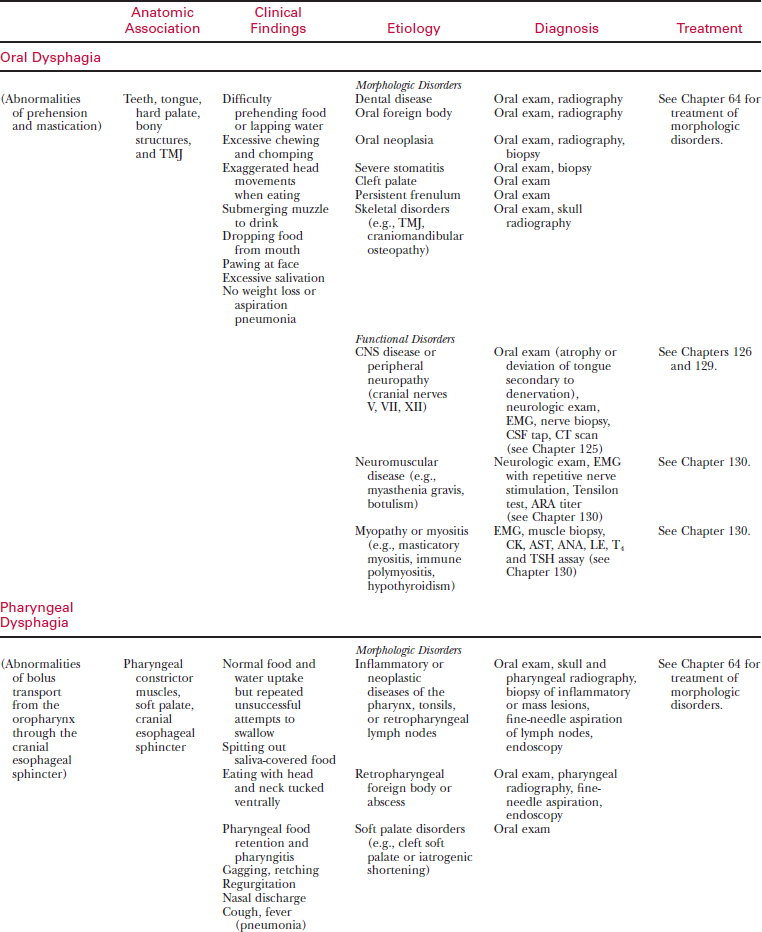Weight Loss Neuromuscular Disease

It is therefore regarded as a paraneoplastic syndrome a condition that arises as a result of cancer elsewhere in the body.
Weight loss neuromuscular disease. Nerve cells neurons send and receive electrical messages to and from the body to help control voluntary muscles. Muscular dystrophy is a group of inherited diseases characterized by weakness and wasting away of muscle tissue with or without the breakdown of nerve tissue. An increasing number of data demonstrate the utility of ketogenic diets in a variety of metabolic diseases as obesity metabolic syndrome and diabetes.
It is the result of antibodies against presynaptic. Around 60 of those with lems have an underlying malignancy most commonly small cell lung cancer. Weight loss is often associated with huntington s disease but it doesn t appear to be a direct result of diet.
Neuromuscular disorders affect the nerves that control voluntary muscles and the nerves that communicate sensory information back to the brain. There are 9 types of muscular dystrophy with each type involving an eventual loss of strength increasing disability and possible deformity. Involuntary weight loss can lead to muscle wasting decreased immunocompetence depression and an increased rate of disease complications 3 various studies have demonstrated a strong correlation.
Some of these symptoms may include. In regard to neurological disorders ketogenic diet is recognized as an effective treatment for pharmacoresistant epilepsy but emerging data suggests that ketogenic diet could be also useful in amyotrophic lateral sclerosis alzheimer. Weight loss surgical procedures may result in varying degrees of nutritional deficiencies.
The symptoms of neuromuscular disease vary according to the condition and may be mild moderate or life threatening. Some of these nutritional deficiencies may cause neuromuscular disease if left untreated these include vitamins minerals and protein.

















